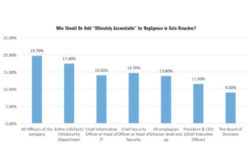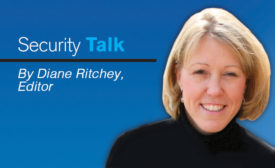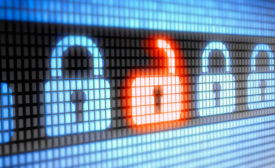- NEWS
- MANAGEMENT
- PHYSICAL
- CYBER
- BLOG
- COLUMNS
- EXCLUSIVES
- SECTORS
- Arenas / Stadiums / Leagues / Entertainment
- Banking/Finance/Insurance
- Construction, Real Estate, Property Management
- Education: K-12
- Education: University
- Government: Federal, State and Local
- Hospitality & Casinos
- Hospitals & Medical Centers
- Infrastructure:Electric,Gas & Water
- Ports: Sea, Land, & Air
- Retail/Restaurants/Convenience
- Transportation/Logistics/Supply Chain/Distribution/ Warehousing
- EVENTS
- MEDIA
- MORE
- EMAG
- SIGN UP!
Cybersecurity News
Sign-up to receive top management & result-driven techniques in the industry.
Join over 20,000+ industry leaders who receive our premium content.
SIGN UP TODAY!Copyright ©2025. All Rights Reserved BNP Media.
Design, CMS, Hosting & Web Development :: ePublishing











